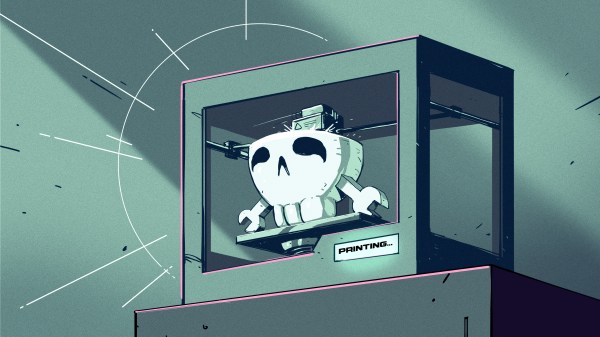One of the most broadly applicable ideas I’ve ever encountered is the concept of impedance matching. If you’re into radio frequency electronics, you’re probably thinking that I mean getting all your circuit elements working to a common characteristic resistance for maximum power transfer. (If you’re not, you’re probably wondering what that jumble of words even means. Fear not!)
But I mean impedance matching in the larger sense. Think about driving a stick-shift automobile. In low gear, the engine has a lot of torque on the wheels, but it can’t spin them all that fast. In high, the wheels turn fastest, but there’s not enough torque to get you started from a standstill. Sometimes you need more force and less motion, other times more motion and less force. The gearbox lets you match the motor’s power to the resistance – the impedance – it’s trying to overcome.
Or think about a cello. The strings are tight, and vibrate with quite a bit of force, but they don’t move all that much. Air, which is destined to carry the sound to your ear, doesn’t take much force to move, and the cello would play louder if it moved more of it. So the bridge conveys the small, but strong, vibrations of the strings and pushes against the top of the resonant box that makes up the body of the instrument. This in turn pushes a lot of air, but not very hard. This is also why speakers have cones, and also why your ear has that crazy stirrup mechanism. Indeed, counting the number of impedance matches between Yo Yo Ma and your brain, I come up with four or five, including electrical matches in the pre-amp.
I mention this because I recently ran into a mismatch. Fans blow air either hard or in large volume. If you pick a fan that’s designed for volume, and put it in a pressure application, it’s like trying to start driving in fifth gear. It stalled, and almost no air got pushed up through the beans in my new “improved” coffee roaster, meaning I had to rebuild it with the old fan, and quick before the next cup was due.
I ran into this mismatch even though I knew there was a possible impedance issue there. I simply don’t have a good intuitive feel how much pressure I needed to push the beans around – the impedance in question – and I bought the wrong fan. But still, knowing that there is a trade-off is a good start. I hope this helps you avoid walking in my footsteps!


















